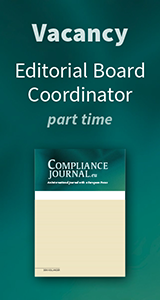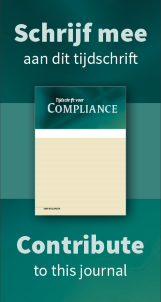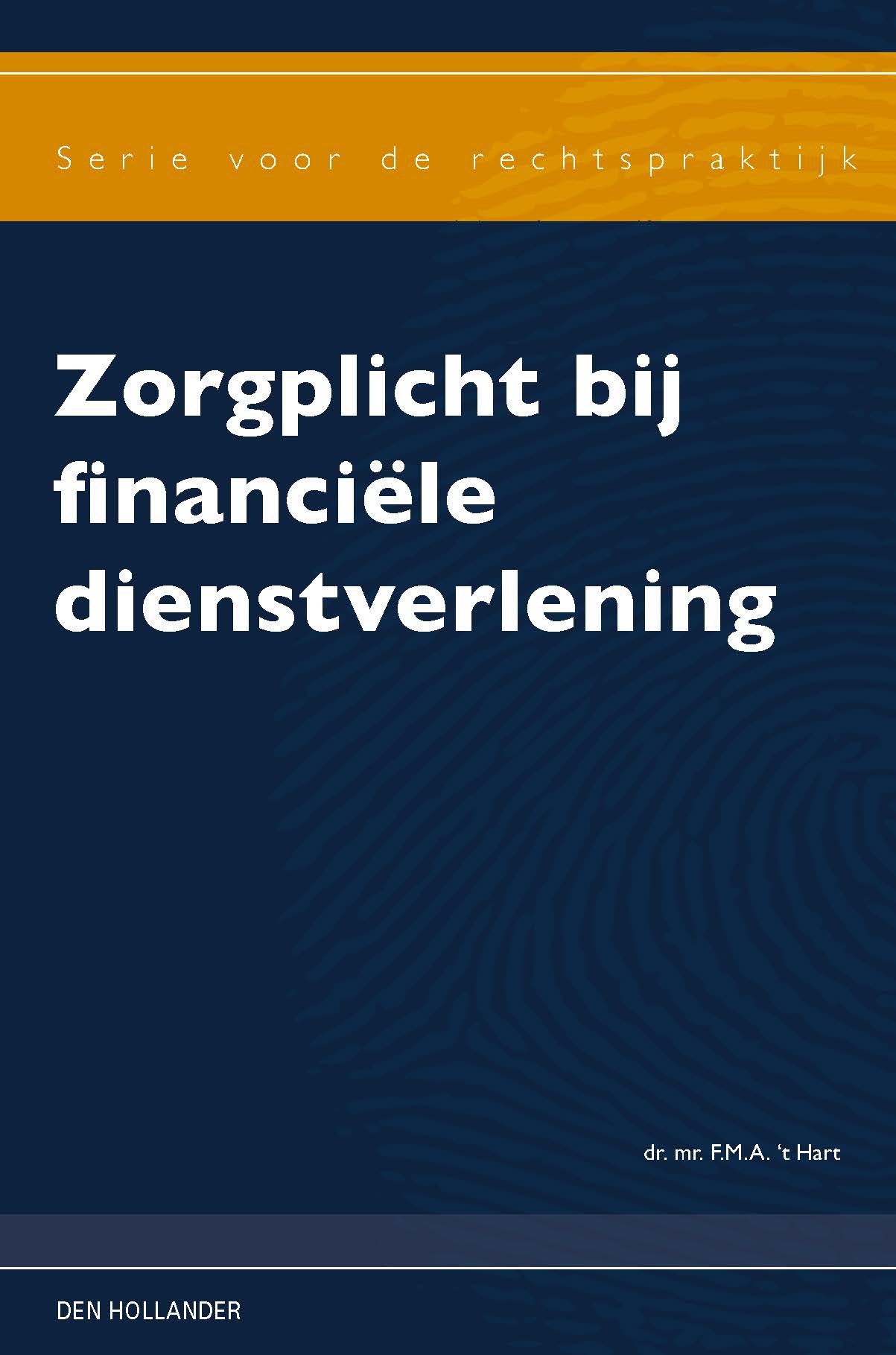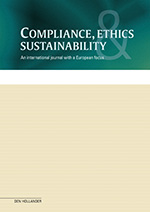Meredith Fitzpatrick and Peter Bott1The past decade has showcased a dynamic cryptocurrency industry populated with incredible successes and fantastic failures, marked by innovative technical developments, aggressive business expansion, and exploitative actors. Regulatory and legislative bodies across the globe are faced with the herculean task of sufficiently applying existing traditional finance (TradFi) laws and regulations to this novel industry or drafting new legislation that strikes the balance between consumer protection and anti-money laundering/combating the financing of terrorism (AML/CFT) safeguards while also s... abonneren of dit artikel kopen.
Jeroen Boogaard1The NVB Industry Baselines provide Dutch banks with clear principles for the targeted and proportionate implementation of their Wwft obligations. 'Banks are provided with principles for an adequate risk-based approach. Applying risk relevant measures only for customers with risk indicators, reduce controls, where possible, and do less for customers deemed low-risk', says Helène Erftemeijer, Sector Coordinator AML and CFT at NVB. Last year, the Dutch Banking Association (NVB) published a set of guidelines known as the NVB Industry Baselines. The Industry Baselines set out standards... abonneren of dit artikel kopen.
Stan Reiz, Charley Weldrick and Neil Williams1The global effort to combat financial crime is a fight which is unabated, requiring constant review and evolution to make sure legislative tools are fit for purpose. There is unlikely to ever be an outright victor, but governments and leaders across the world will always strive to at least be on the winning side. This requires ever developing laws and regulatory frameworks to protect their citizens and make it harder for those who seek to benefit through ill-gotten means. 1. Anti-Money Laundering ("AML") and Counter Terrorist Financing ("CTF") abonneren of dit artikel kopen.
Maud Bökkerink1For two decades, there has been a call for a more risk-based approach to Anti-Money Laundering and Combating the Financing of Terrorism (AML/CFT). Although the Dutch AML/CFT Act (Wet ter voorkoming van witwassen en financieren van terrorisme, Wwft) permits such an approach, supervisory enforcements measures over the past years illustrate that implementing a Risk-Based Approach (RBA) within AML/CFT measures is far from straightforward. Collaborative efforts and recent (draft) guidance provided by the Dutch central bank (De Nederlandsche Bank, DNB) and the Dutch banking a... abonneren of dit artikel kopen.
F.J. Erkens MEWI FFE LL.M.1
In de `driver's seat' of op de achterbank? Compliance officers kunnen direct of indirect betrokken zijn bij het opstellen van beleid en procedures voor forensische onderzoeken (hierna: Onderzoeken) dan wel bij de uitvoering van zo'n onderzoek.[2] Om in die rol op een professionele manier in de `driver's seat' sturing aan het Onderzoek te kunnen geven, is het met het oog op de belangen van de diverse betrokkenen, de bestaande wettelijke verplichtingen en de maatschappelijke ontwikkelingen noodzakelijk het `waarom', `wat abonneren of dit artikel kopen.
Jeroen Boogaard1The EU is stepping up the fight against corruption and has proposed new legislation. We spoke with Jeroen Blomsma, Head of Sector Anti-Corruption at the European Commission, about the updated directive and its potential impact on companies. In her 2022 State of the Union Speech, Commission President von der Leyen announced to update the EU's legislative framework on anti-corruption to better prevent and fight corruption across the European Union in the future. On 3 May 2023, the Commission presented a new proposal to combat corruption by criminal law. What... abonneren of dit artikel kopen.
Maria Shalimova1For some time, we have observed the apparent failures and breaches in the financial regulation within the European and other world financial markets. Moreover, the last several years were full of geopolitical tensions, environmental and regulatory challenges that had a substantial impact on reputational and financial crime risks of Financial Institutions ("FIs"). Regulatory developments towards increasing measures against financial crime, such as (i) an increased scope of enforcement actions, (ii)creation of the new regulator AMLA in the EU and (iii) recently introduced 12th a... abonneren of dit artikel kopen.
prof. dr. E.D. Karssing1In de bedrijfsethiek is een groot aantal boeken en artikelen verschenen waarin op praktische wijze prangende vraagstukken worden behandeld en concrete aanbevelingen worden gedaan voor het bevorderen van de ethiek en integriteit van organisaties en hun medewerkers. Niet iedereen weet deze publicaties te vinden of heeft tijd ze te lezen. Daarom kijkt Edgar Karssing geregeld voor het Compliance, Ethics & Sustainability Journal in de boekenkast van de bedrijfsethiek en bespreekt hij een artikel of boek. Deze bijdragen zijn geen recensies, maar een samenvatting v... abonneren of dit artikel kopen.





 RSS
RSS